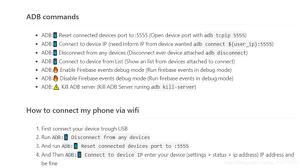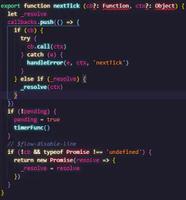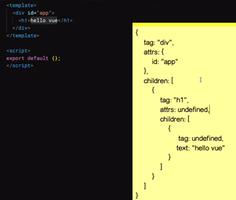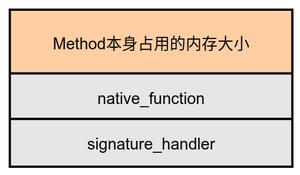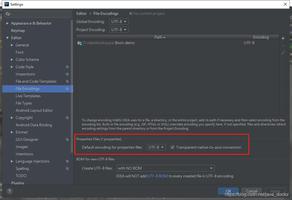React Native(六)——PureComponent VS Component

先看两段代码:
export class ywg extends PureComponent { ……
render() {
return (
……
);
}
}
export class ywg extends Component { ……
render() {
return (
……
);}
}
PureComponent VS Component
Stateless components may also be referred to as Pure Components, or even Dumb Components, and are meant to represent any React Component declared as a function that has no state and returns the same markup given the same props.
These types of components surprisingly compose a large majority of our applications and, as a result, React 0.14 introduces the ability to write these stateless components as functions, also known as functional stateless components.
So these are some of the UI elements that I summarize from Tencent work.
无状态的组件又被叫做“纯粹的组件”,甚至是“哑巴组件”。这是指这样的一些组件:React组件中有一些被声明为函数(而不是继承自Component的class),它们没有state,只要给定同样的props,就会返回同样的标签块。这种类型的组件出人意料的成为构建大型应用程序的常用方法,所以,自从React 0.14开始支持使用函数的方式来创建这种无状态组件,所以也被叫做“函数式无状态组件”。无状态组件渲染效率更高,编写和组合更加简单。
在RN项目中,无论你使用这两者中的哪一种,都无可厚非,关键就是自己在使用时权衡利弊或者是跟团队保持一致就好。
以上是 React Native(六)——PureComponent VS Component 的全部内容, 来源链接: utcz.com/z/383406.html

